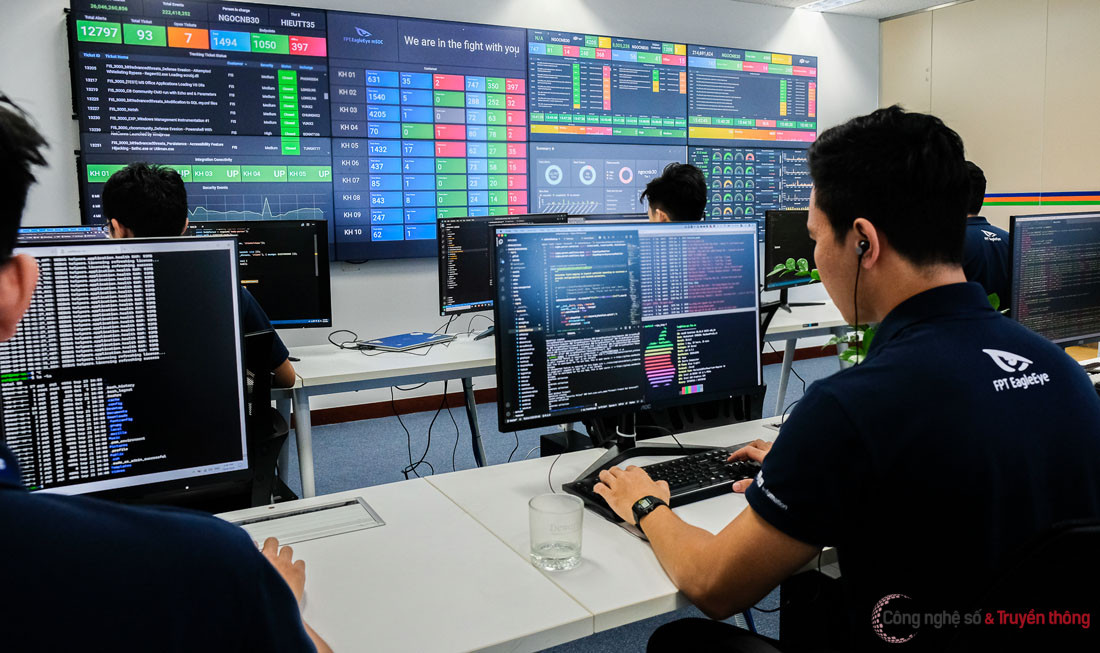
In order to improve the country’s credibility in electronic transactions and to promote socio-economic development, in May 2018, the Prime Minister released Instruction No14 on heightening national defense capability and preventing malware.
In June 2019, the PM also released an instruction on ensuring cybersecurity.
To implement the Prime Minister’s instruction, the Authority of Information Security (AIS) assigned NCSC (the National Cyber Security Center) to help 13 businesses that have malware solutions to connect and share data on technical systems.
At the same time, the agency supported 13 businesses that have solutions on information security monitoring to connect and share data in state agencies and organizations.
As of the end of October 2022, as many as 84 units, including 62 localities and 22 ministries and branches had carried out malware prevention and control solutions, and connected with NCSC to share information about malware.
The number of units that have deployed information security monitoring and shared supervision data with NCSC has reached 87, including major cities and all provinces and 24 ministries and branches.
NCSC’s technical system had detected 517,627 IP addresses lying in botnets in October 2022, a decrease of 2.49 percent compared with September.
The number of IP addresses of agencies and organizations in botnets was 224.
In the first months of the year, the number of IP addresses in botnets decreased, from 879,342 in January to 704,939 in June and to 517,000 in October.
The launch of campaigns on clearing malware in cyberspace in 2020-2022 by MIC attracted the participation of many agencies, organizations, businesses and the community.
The campaign aims to reduce the malware infection rate in Vietnam and maintain the achievements gained.
In the newly released report, AIS showed information about vulnerability and existing security holes in computers of state’s agencies and organizations.
In October alone, NCSC’s system found 1,768 vulnerabilities and security holes in the information systems of state’s agencies and organizations.
AIS said it had asked NCSC to carry out appraisal and identify dangerous holes that may have a large impact, and help ministries and branches to fix them.
Some security holes have been exploited by hackers to implement APT attacks. The agency has also named five holes that have existed in many computers, such as CVE-2019-0708, CVE-2020-0655, MS14-019, CVE-2015-0009 and MS17-010.
It has asked agencies and organizations to check their systems and patch the vulnerabilities.
Van Anh